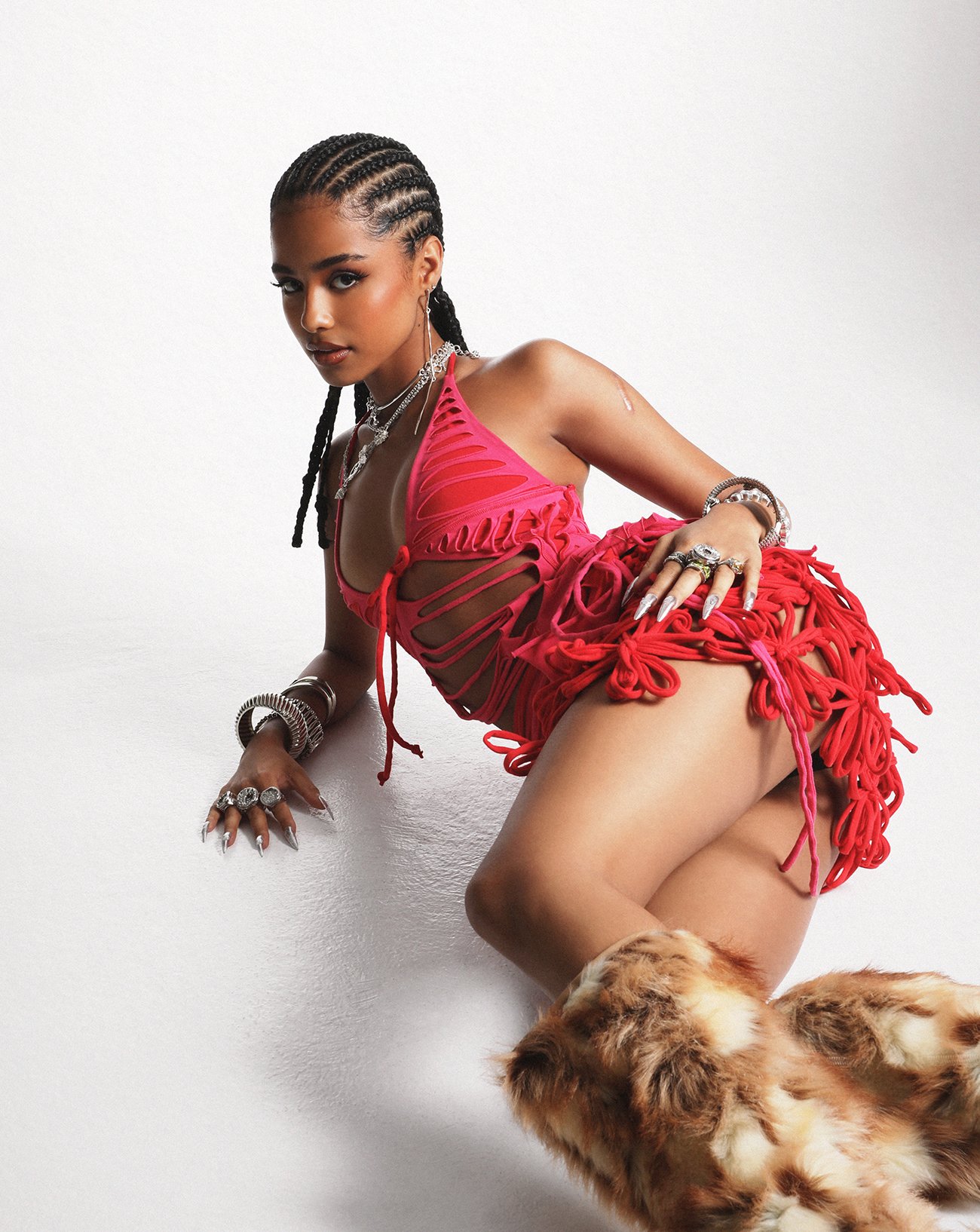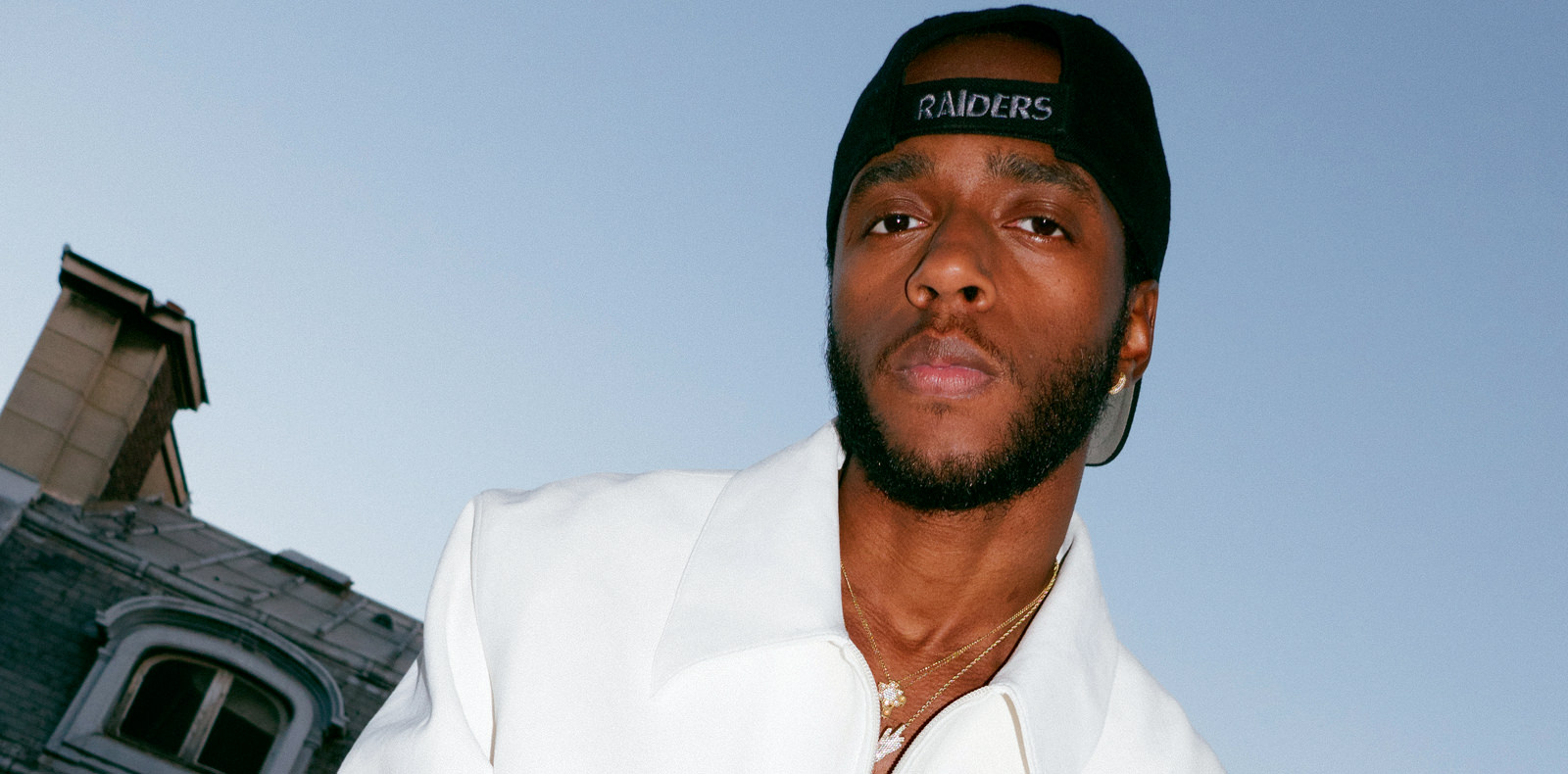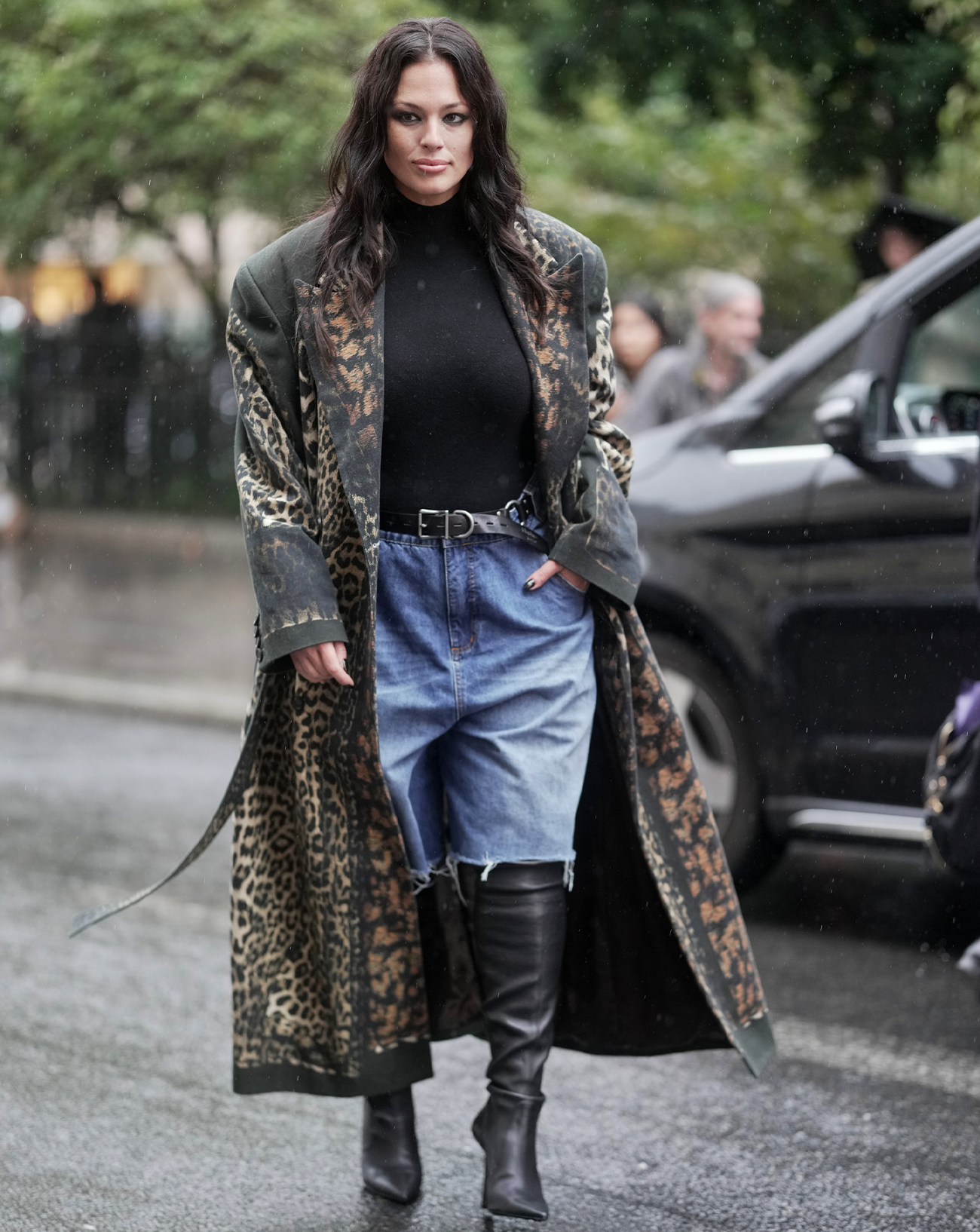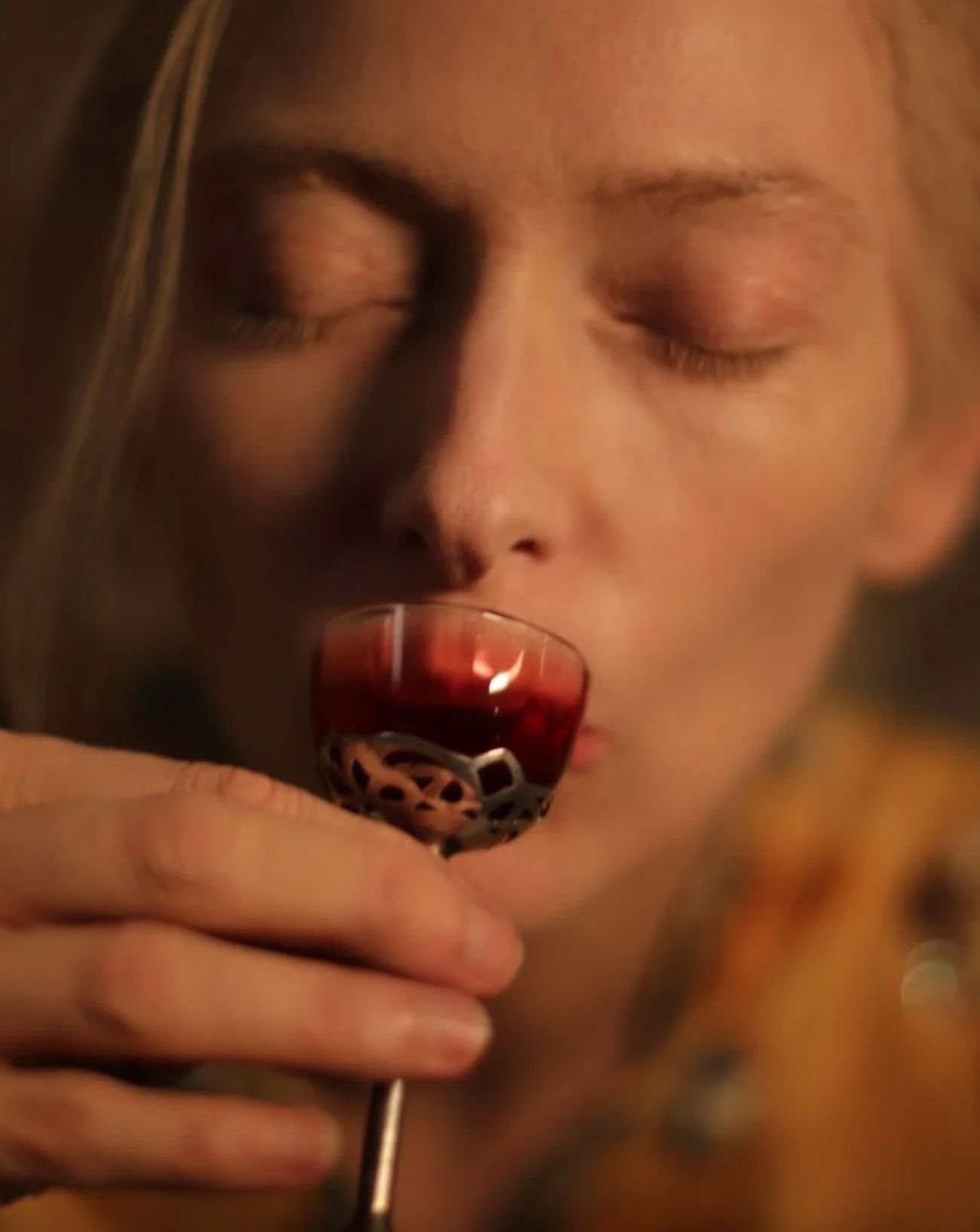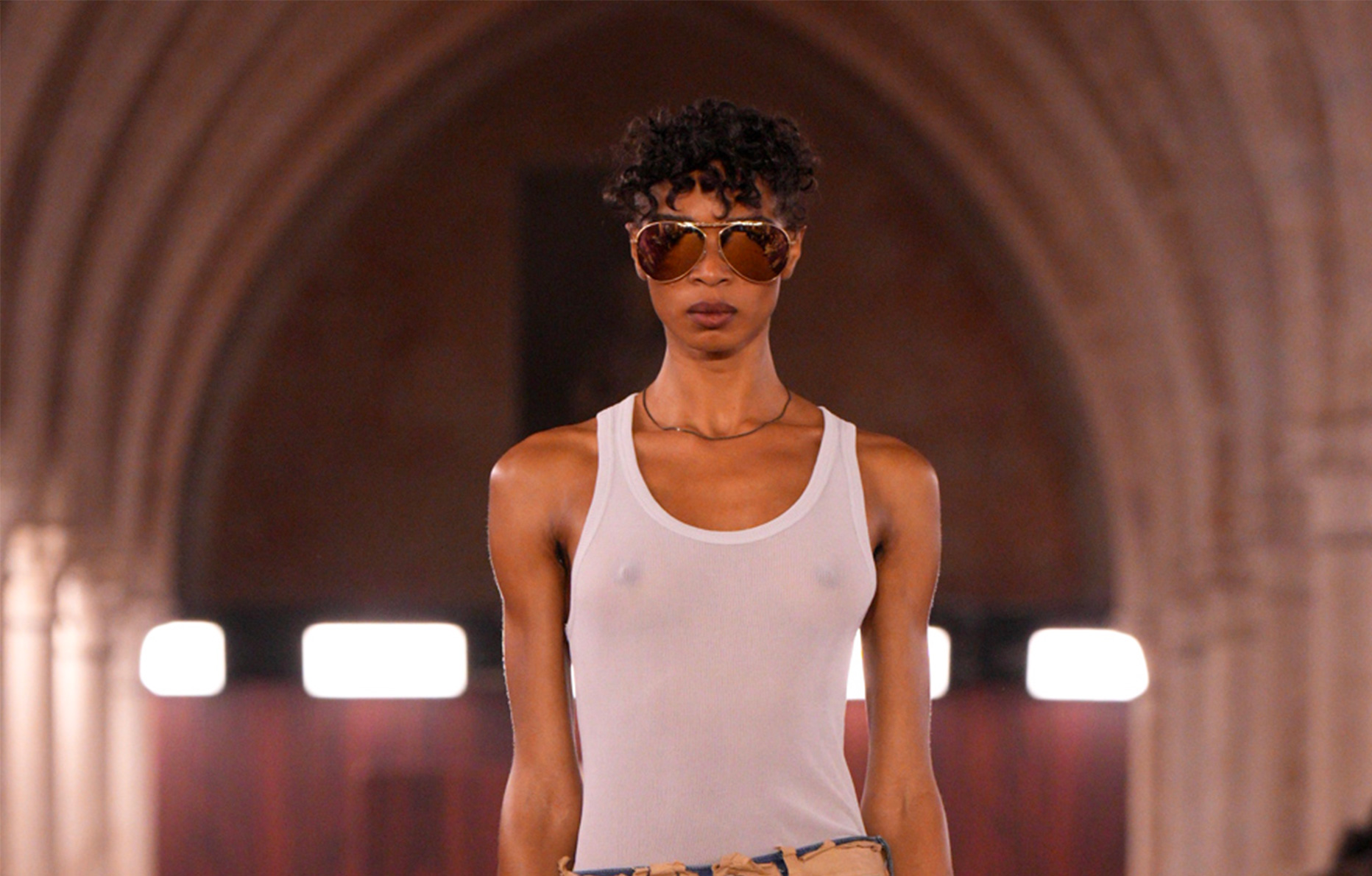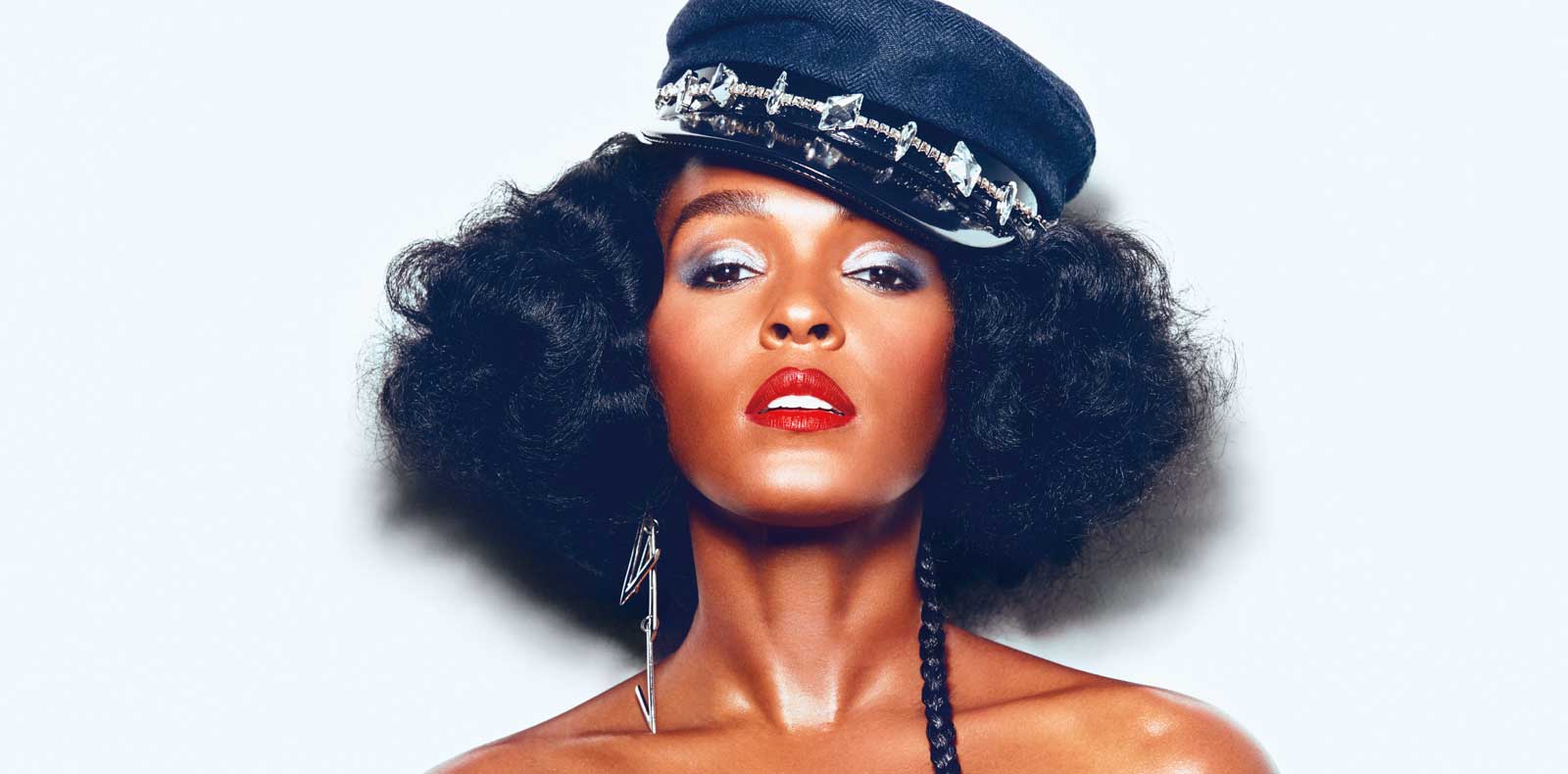
8
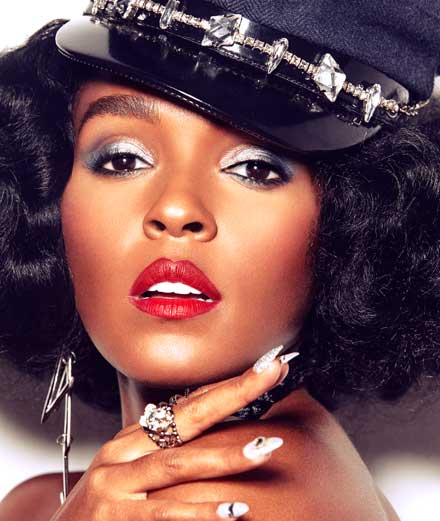
8
Janelle Monáe, popstar activist for liberty and emancipation
Since her début ten years ago, she’s forged her own highly idiosyncratic fusion of pop and R’n’B, which is back in all its stomping danceability on her latest opus, “Dirty Computer”. Abandoning her retro-futurist references, the singer, actress and activist delivers a powerful message of liberty and emancipation.
Suggested







